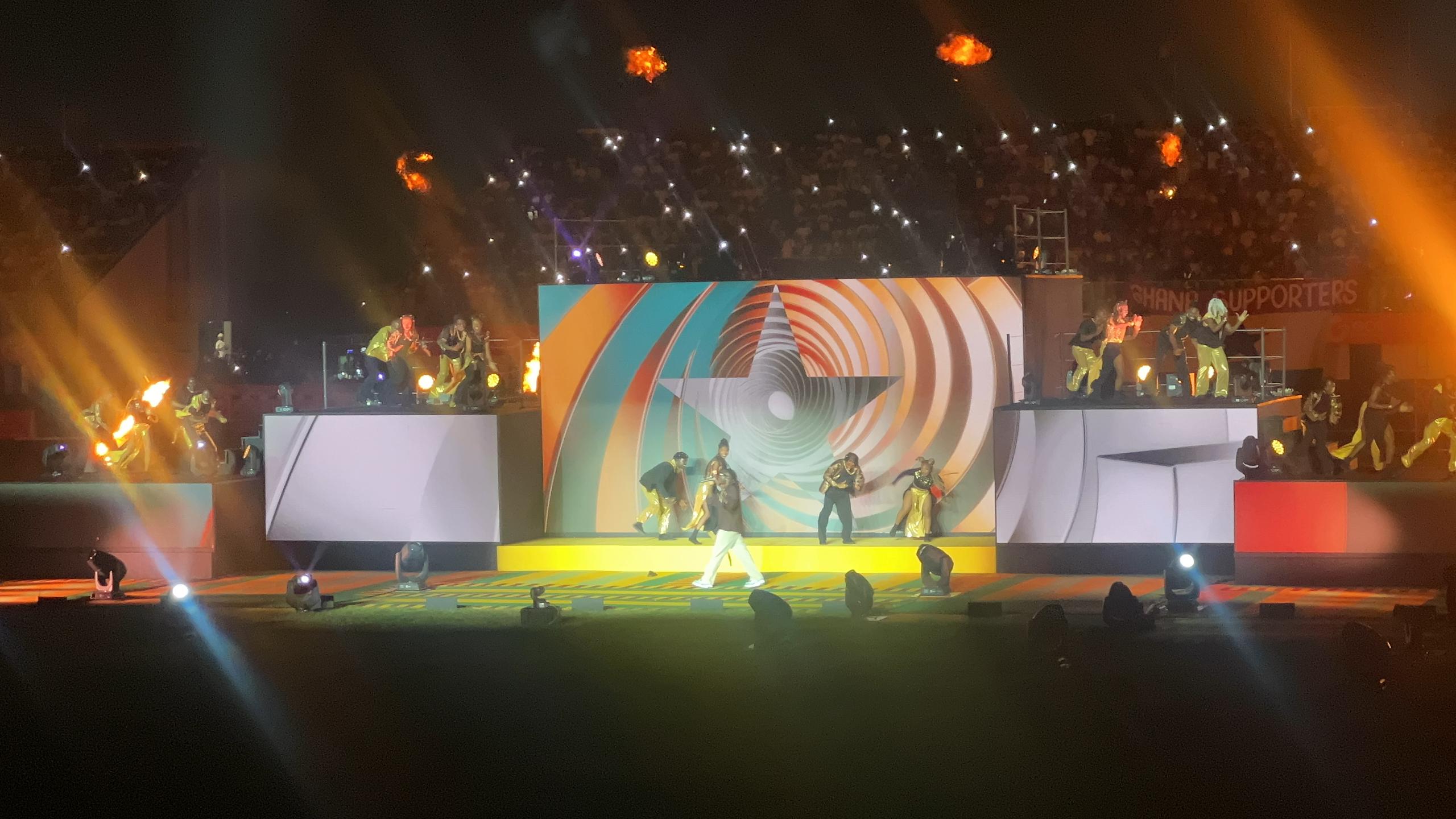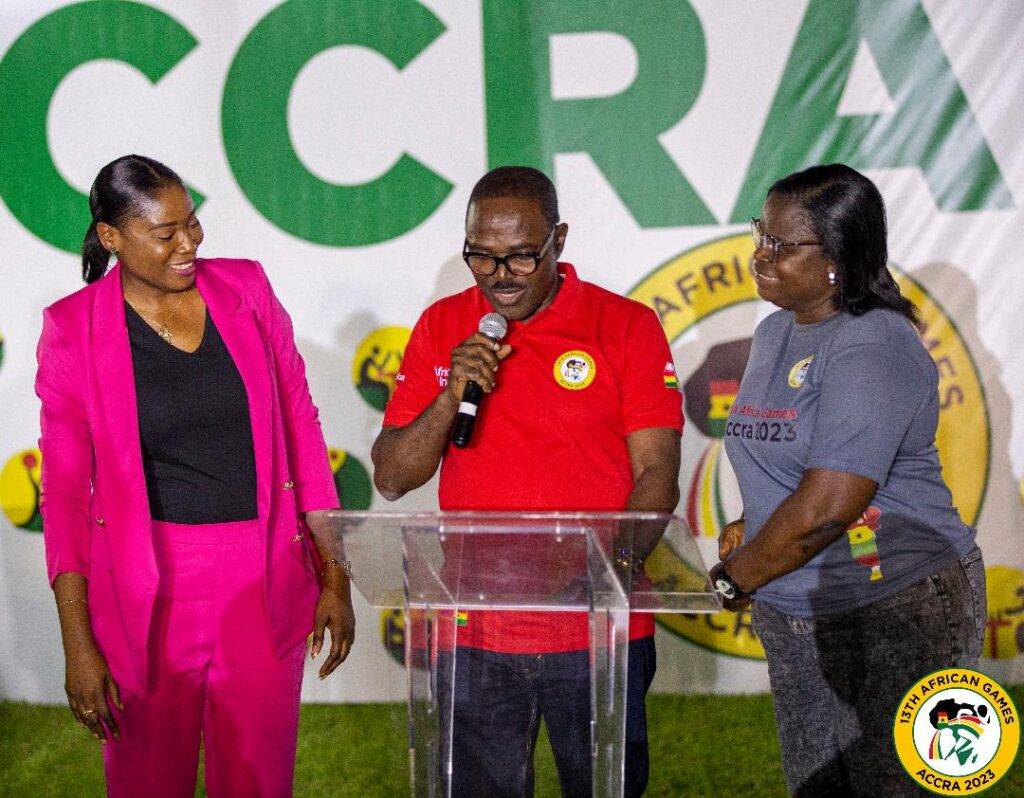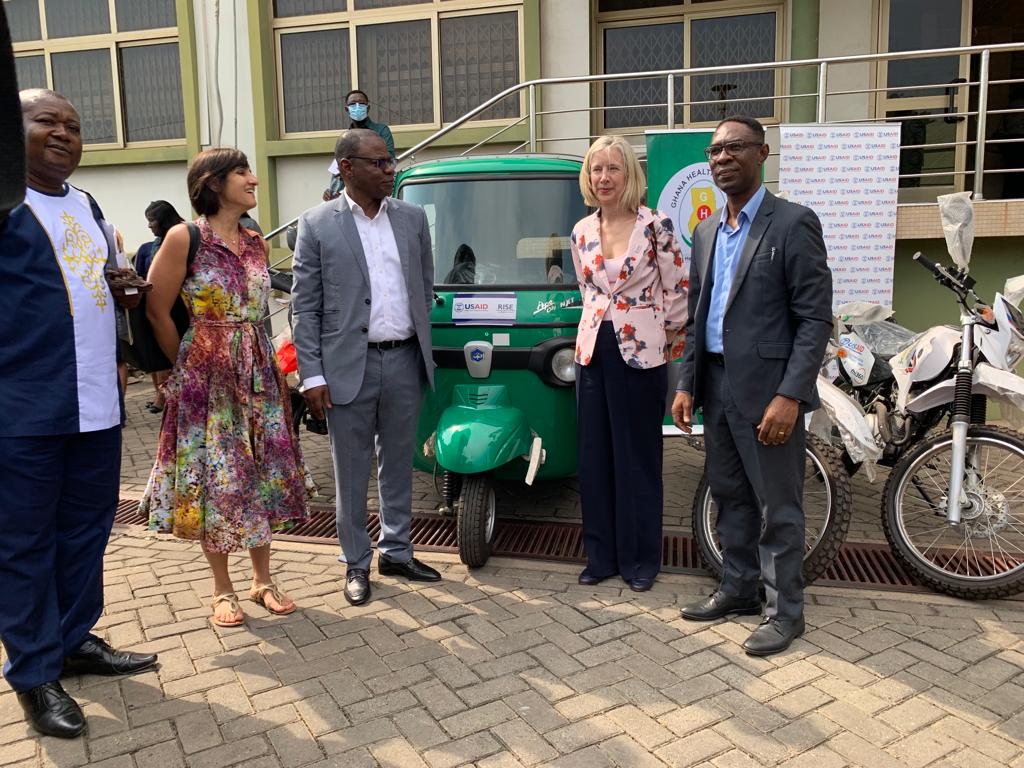
By Konrad Kodjo DJAISI
The 8th edition of the major exercise Grand African NEMO 2025 (GANo 25), co-organised by the Commander in Chief for the Atlantic (CECLANT) and the Yaoundé Maritime Security Architecture, commenced on November 10 and ends on November 17, 2025, bringing together 19 African navies and seven partner navies, including France.
The exercise takes place across a vast maritime area stretching from Senegal to Angola. A total of 55 naval units, 11 aircraft and numerous specialised on-shore agencies will participate for the one-week exercise.
Since 2018, Grand African NEMO has become the premier annual maritime security event in the Gulf of Guinea. Since 2018, the French Navy and the Yaoundé Architecture for Maritime Security (YAMS) co-organise the exercise known as Grand African NEMO, which has become the major annual event for maritime security in the Gulf of Guinea.
In June 2013, the leaders of the Economic Community of West African States (ECOWAS), the Economic Community of Central African States (ECCAS) and the Gulf of Guinea Commission (GGC) laid the foundations for a joint regional maritime safety and security strategy during a summit held in Yaoundé, Cameroon.
These recurring exercises rotate across different areas of the Gulf of Guinea, but always pursue the same goal: strengthening the ability of coastal states’ navies to cooperate and act jointly in the framework of state action at sea.
This 8th edition brings together an especially large number of military assets at sea, on land and in the air; and aims to share expertise and enhance the operational capabilities of all participants in combating illegal fishing, piracy, maritime pollution, illicit trafficking and conducting sea rescue operations.
No fewer than 25 nations will take part in this 2025 edition, including all the coastal navies of the Gulf of Guinea as well as partner navies such as France, Spain, Italy, Portugal, Morocco, Denmark and Mauritania.
GANo 25 will also receive support from numerous partners, including the European Union—through the EnMar and SEACOP programmes in particular, the United Nations Office on Drugs and Crime (UNODC), the International Criminal Police Organization (INTERPOL), the Center for Documentation, Research and Experimentation on Accidental Water Pollution (CEDRE), the Sub-Regional Fisheries Commission (SRFC), the Fisheries Committee for the West Central Gulf of Guinea (FCWC), the Regional Fisheries Commission of the Gulf of Guinea (COREP) and the European Fisheries Control Agency (EFCA).
Through their leading role in the partnership established by the Yaoundé Protocol of 2013, France, the Yaoundé Architecture and all their partners continue to play a decisive role in strengthening maritime security in the Gulf of Guinea.
The coastal area is subdivided into five operational maritime zones, whose activities are coordinated through five Multinational Maritime Coordination Centres (MMCCs).
At the national level, each country operates a Maritime Operations Centre (MOC), led by its navy, to coordinate state action at sea alongside other key maritime security stakeholders, including maritime police, customs authorities, fisheries control agencies and environmental protection administrations.
The Deputy Director of MMCC Zone F. Lt. Cdre Edem Komla Akati, delivered a presentation on the main aim of the annual exercise, which is to enhance freedom of navigation in the Gulf of Guinea and generally, the fight against maritime security in order to enhance the blue economy of the Gulf of Guinea.
The exercise, he noted, will play out scenarios like piracy, IUU-illegal fishing, narcotics and marine pollution. He added that it also includes scenarios for arms and human trafficking along the Gulf.
He indicated that at the beginning of the century, the Gulf of Guinea began to rival the horn of Africa as far as the issue of piracy is concerned. However, with the advent of the Yaounde Porotocol and subsequent coordinated actions at sea, the phenomenon has drastically reduced in the region.
The post Grand African NEMO 2025 launched in Accra appeared first on The Business & Financial Times.
Read Full Story

























Facebook
Twitter
Pinterest
Instagram
Google+
YouTube
LinkedIn
RSS